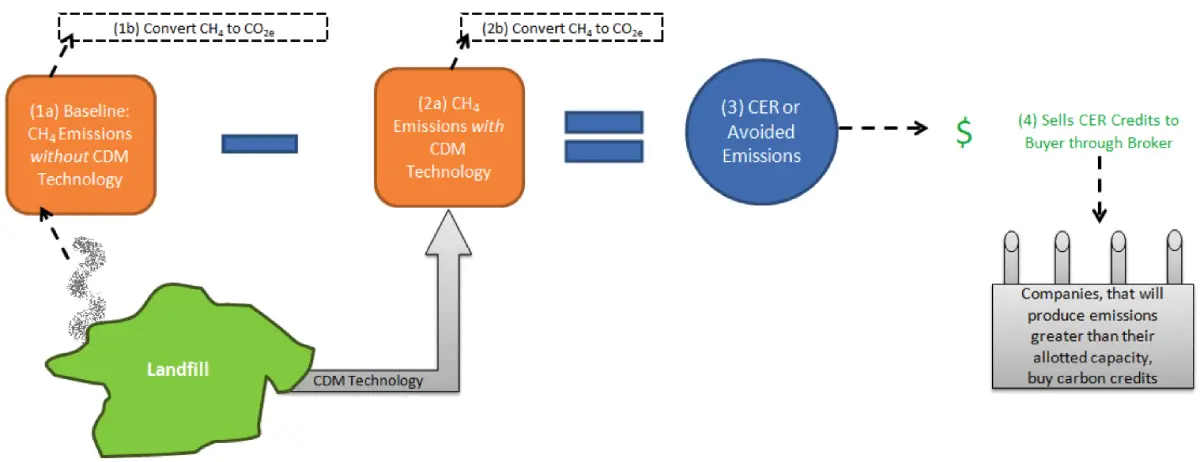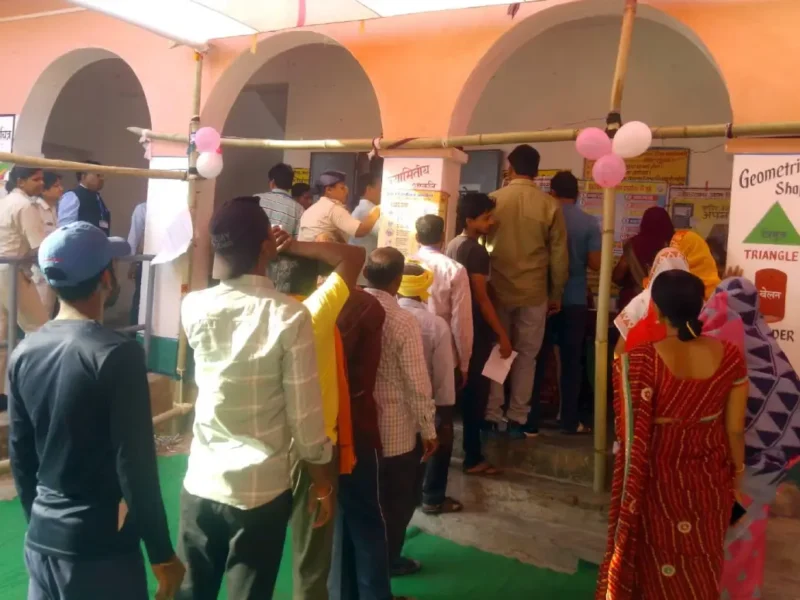
Oil Rich UAE Acquiring Carbon Credits In Africa
Photo: Wikipedia
From Jagjit Singh, Los Altos, CA
I write to raise a pressing concern regarding the recent actions of the United Arab Emirates (UAE) in several African countries, notably their acquisition of land rights for the purpose of selling carbon credits. This strategy, though purportedly aimed at mitigating global emissions, has sparked legitimate concerns about the ethical implications and echoes of colonialism it brings to light.
The UAE’s utilization of its oil wealth to purchase land rights across Africa, with the intent of selling carbon credits to major polluters, has drawn criticism from various quarters. Critics rightly argue that this move bears the hallmarks of a new form of colonialism, where wealthy nations seek to address their carbon footprints by effectively exploiting African territories.
Mohamed Adow, from Power Shift Africa, aptly highlights the inherent flaws in this approach. The failure of affluent nations to adequately address climate finance has resulted in a shift towards a ‘land grab’ on the African continent. Adow astutely points out the commodification of nature through the trading of carbon credits, describing them as an “imaginary concept” tantamount to “permits to pollute.” This commodification not only undermines the intrinsic value of natural resources but also exacerbates existing power imbalances.
This issue goes beyond environmental policy—it delves into the socio-economic dynamics and ethical considerations of global climate action. Rather than genuinely tackling emissions at their source, affluent polluters are resorting to buying indulgences, ironically at the expense of African nations.
As conscientious citizens, it is imperative to interrogate these actions that carry the vestiges of exploitation. Climate action demands genuine, equitable solutions that do not burden already vulnerable regions or perpetuate historical injustices. It’s crucial that global efforts prioritize fair and sustainable strategies that empower nations rather than perpetuating a neo-colonial narrative.
(This submission is not edited.)




